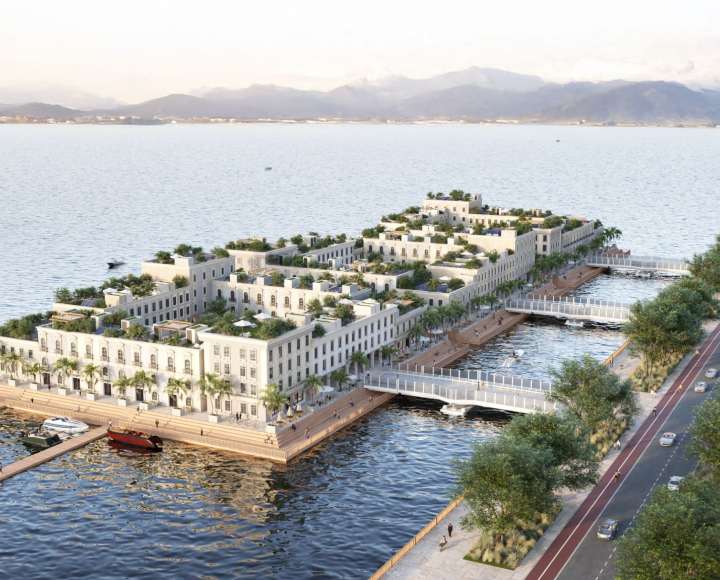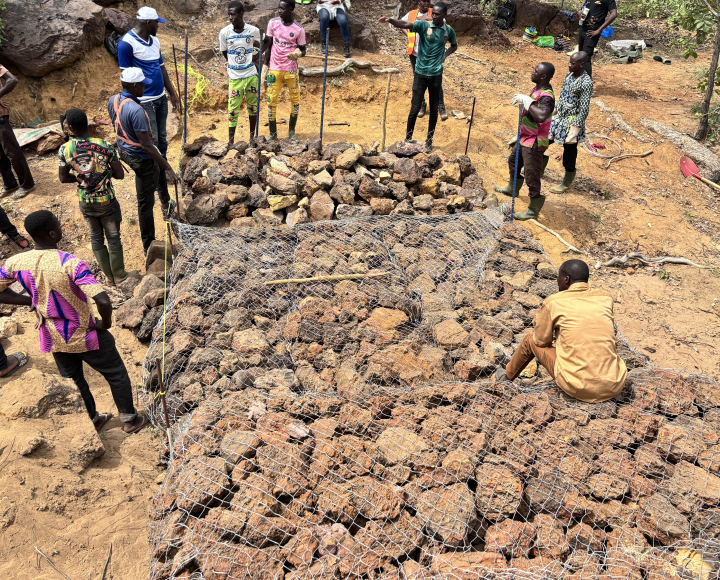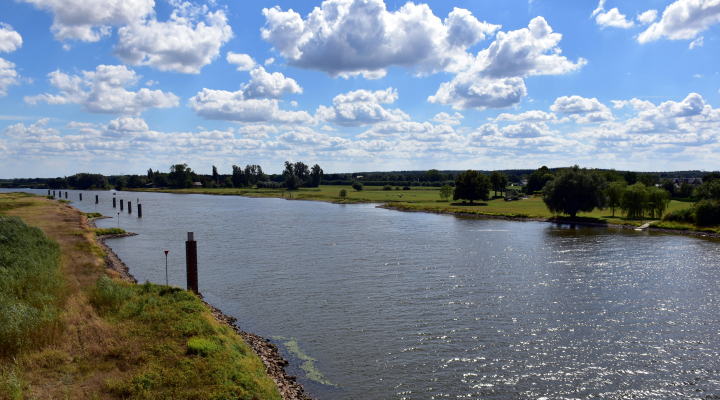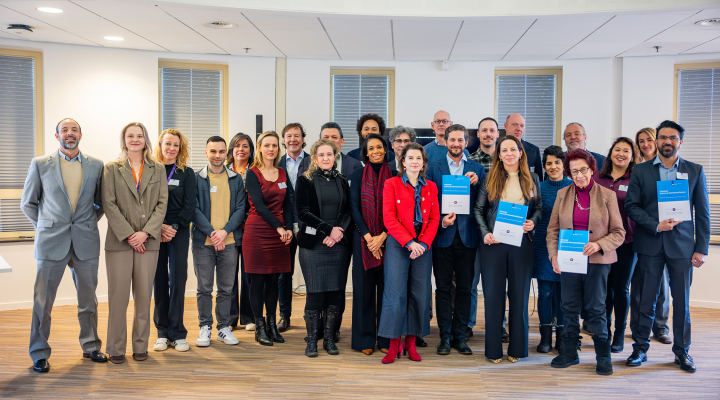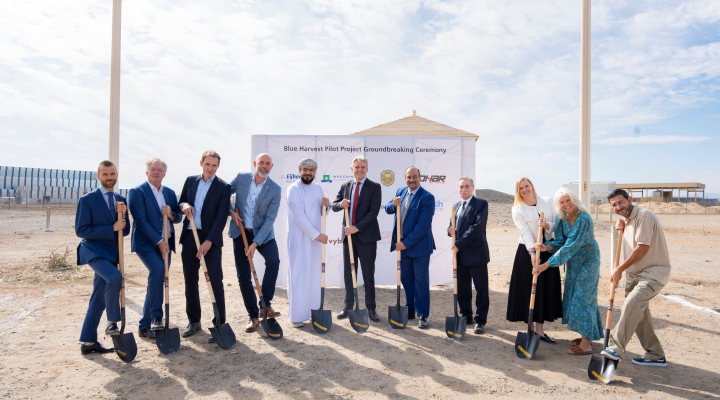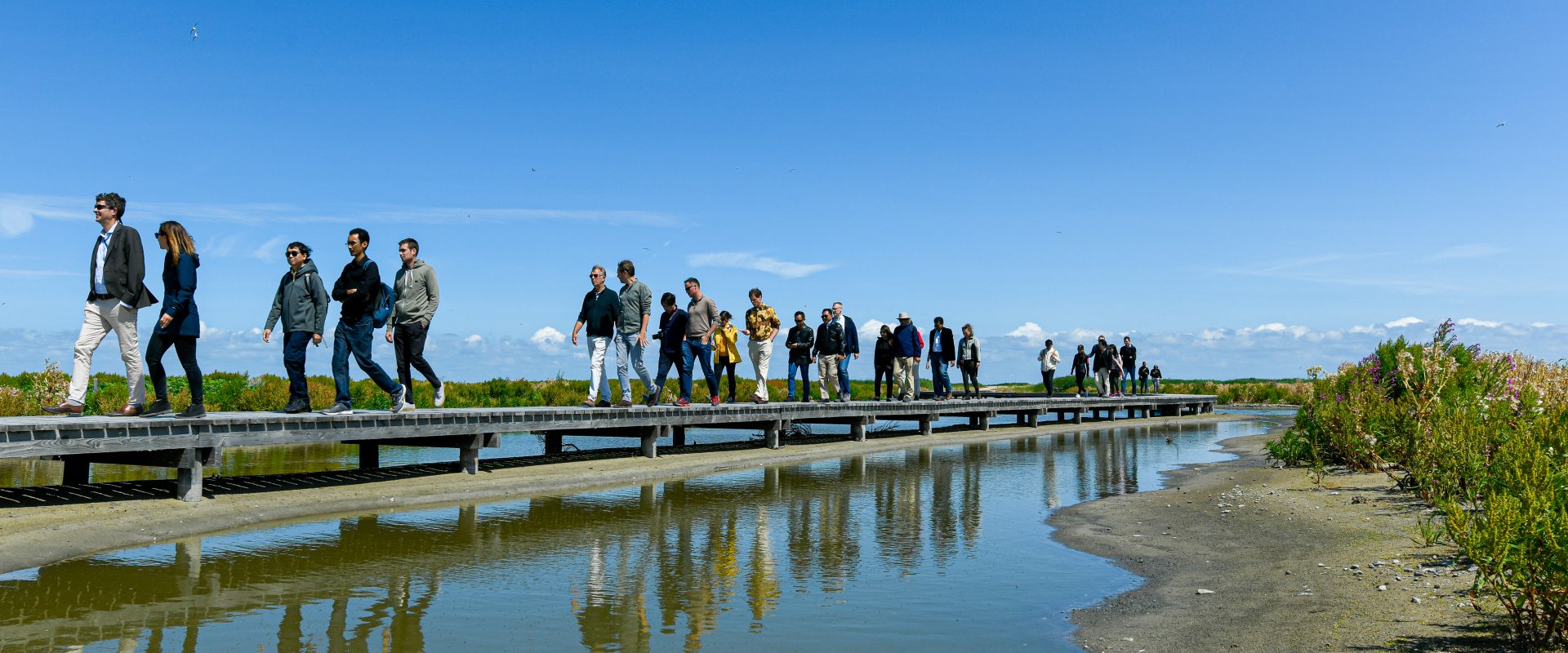
Asian scale up of climate adaptation efforts with nature-based measures
Indonesia, Malaysia, Philippines, Japan and India are among the countries that gathered last week at the event ‘Accelerating Adaptation through Building with Nature: Convening global leaders around an Asian challenge’. At this gathering in the Netherlands it was discussed how to scale up nature-based adaptation measures, needed to protect the region from a growing host of hazards. These hazards include flooding, storm damage and coastal erosion.
An integral approach
Traditional solutions, such as dams, barriers and seawalls, to withstand the threats different Asian countries are facing, often have major negative impacts and disturb hydrological and sedimentary processes. Organisations such as EcoShape and Wetlands International (both co-organisers of the event) are redirecting attention to alternative approaches such as ‘Building with Nature’. This approach integrates infrastructure design with the restoration of ecosystems that add value through coastal protection, flood regulation, as well as boosting fisheries, recreation and biodiversity.
Building with Nature involves an inclusive planning process comprising hydrologists, ecologists and engineers working jointly with local communities and government stakeholders to develop sustainable solutions that meet local needs.
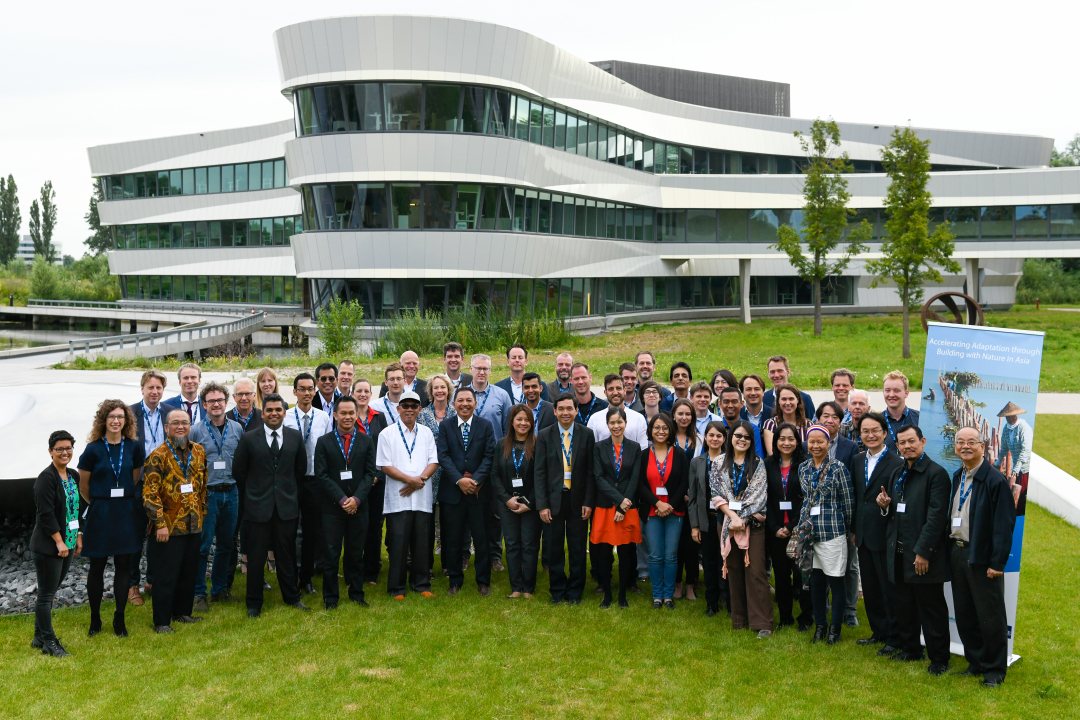
Best practice
The Building with Nature approach as used by the Indonesian Ministry of Marine Affairs and Fisheries is one of the best practices. The ministry engaged with international organisations and local communities to halt coastal degradation and subsidence in Java using nature-based adaptation measures. What started as a small experiment in one village has grown into a landscape-scale initiative along a 20 km coast and 13 districts, addressing disaster risk reduction, climate adaptation and community resilience.
By bringing together policymakers, technical experts and diplomats from across Asia the organisers aimed to enable dialogue and exchange to accelerate adaptation in Asia and build on successes to date. The event was organised in close collaboration with the Global Commission on Adaptation, Deltares, Asian Development Bank and Ministry of Marine Affairs and Fisheries of the Republic of Indonesia.
To be expected
The Global Center on Adaptation is currently working with the Global Commission on Adaptation on the release of its flagship report ahead of the UN Climate Summit on 23 September 2019.




